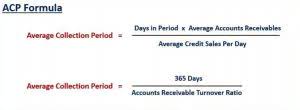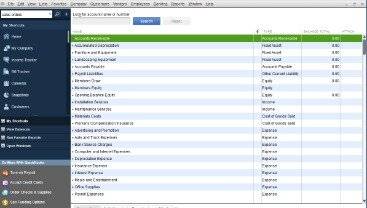Content

There are no prerequisites to complete this program, and the LinkedIn Learning subscription is affordable, starting at $19.99 per month. For Fernando Franco ’15, earning a bachelor’s degree in accounting has been a gateway to a better life. Melanie Karbowski ’14 had enjoyed a brief career as a revenue assurance analyst at a startup.
We also allow you to split your payment across 2 separate credit card transactions or send a payment link email to another person on your behalf. If splitting your payment into 2 transactions, a minimum payment of $350 is required for the first transaction. No, all of our programs are 100 percent online, and available to participants regardless of their location. We offer self-paced programs (with weekly deadlines) on the HBS Online course platform. QuickBooks Online can be accessed from any web enabled mobile device with a web browser. The experience is optimised on any iOS device (iPad, iPhone or iPod Touch) and Android tablet or Smartphone with the QuickBooks online app.
Features that help you run your business
Participants who fail to complete the course requirements will not receive a certificate and will not be eligible to retake the course. The final cost of this program will be determined once all transfer credits are evaluated. Your academic advisor will work with you to determine if and how any prior college credits earned will apply toward your LSUA degree.
However, other factors like student enrollment status, program delivery format, school location, and financial aid availability can influence the net cost of the degree. Completing the BSBA accounting program helps students earn 120 of 150 credits required to be eligible for the certified public accountant exam. WGU reports that graduates see an increase of $18,200 in salary after two years and $25,900 after four years. The bachelor of science in accounting program at Mayville State University balances a strong focus on accounting with in-depth business studies. Together, required accounting and business courses make up almost two-thirds of the degree requirements. Graduates emerge with precise accounting skills and a strong working knowledge of business management.
Economics (BS) – Business
The 120-credit degree requires 37 general education credits, 25 general elective credits, and 60 accounting major credits. The curriculum includes general business and accounting courses like federal Difference Between Bookkeeping and Accounting Examples taxation, principles of management, financial management, and accounting information systems. Students can gain real-world experience and earn up to 15 credits through corporate internships.

1DeVry University is accredited by The Higher Learning Commission (HLC), Keller Graduate School of Management is included in this accreditation. Additional program information may be found on our Degree Programs page. 4Credits and degrees earned from this institution do not automatically qualify the holder to participate in professional licensing exams to practice certain professions.
How do online courses work?
You’ll understand how to handle a company’s finances, the basics of economics, statistics and how marketing plays a role in the world of accounting. Courses are taught by instructors with professional credentials and experience in accounting, taxation and fraud examination. In Accounting degree program requires the completion of 120 credits, including 42 credits of liberal education courses, 71 credits for the major courses and additional elective credits. The length of time to complete the degree depends on how many courses or credits you complete each semester.
Can you self study accounting?
From websites to videos to free books, you may be able to learn about accounting in a wide variety of methods, which may suit you if you want to learn on a more casual basis.
Financial Accounting is an 8-week, 60-hour online certificate program from Harvard Business School. This course teaches the fundamentals of financial accounting from the ground up. https://simple-accounting.org/virtual-accounting-making-the-switch/ Participants learn how to prepare and interpret financial statements—the balance sheet, income statement, and cash flow statement—and calculate and interpret critical ratios.

